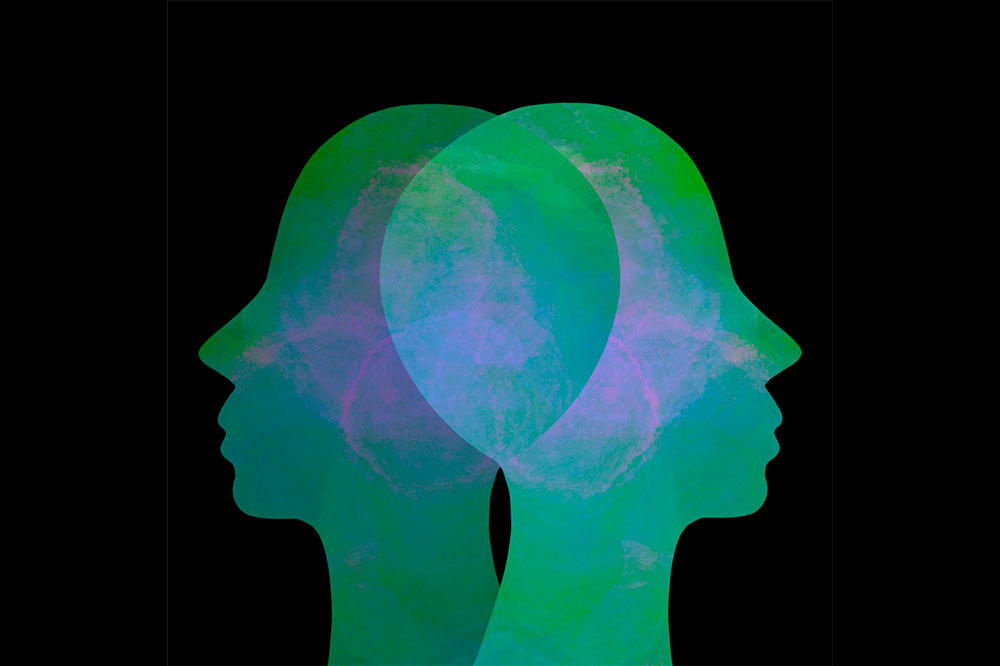Cognitive Behavioral Therapy (CBT) and Dialectical Behavioral Therapy (DBT) are two highly effective forms of psychotherapy used to treat a variety of mental health conditions. While they share some similarities, they each have unique approaches and benefits. At Adventure Therapies, we offer remote CBT and DBT services to residents of Manhattan, NY, making it convenient for you to receive the support you need. In this blog post, we’ll explore the differences and benefits of CBT and DBT to help you determine which therapy might be best for you.
What is Cognitive Behavioral Therapy (CBT)?
Cognitive Behavioral Therapy (CBT) is a structured, goal-oriented therapy that focuses on identifying and changing negative thought patterns and behaviors. It is based on the concept that our thoughts, feelings, and behaviors are interconnected, and that changing negative thoughts can lead to changes in feelings and behaviors.
Key Components of CBT
Identifying Negative Thought Patterns
CBT helps individuals recognize distorted or irrational thoughts that contribute to emotional distress. By identifying these thoughts, clients can begin to challenge and reframe them.
Behavioral Activation
In CBT, clients engage in activities that are likely to improve their mood and overall functioning. This technique helps break the cycle of depression and anxiety by encouraging positive actions.
Skill Development
CBT teaches practical skills such as problem-solving, stress management, and relaxation techniques to help individuals cope with difficult situations.
What is Dialectical Behavioral Therapy (DBT)?
Dialectical Behavioral Therapy (DBT) is a type of cognitive-behavioral therapy that emphasizes the psychosocial aspects of treatment. Originally developed to treat borderline personality disorder (BPD), DBT is now used to treat a range of mental health issues, including depression, eating disorders, and PTSD.
Key Components of DBT
Mindfulness
DBT incorporates mindfulness practices to help individuals stay present and fully engage in the moment. This technique helps reduce impulsivity and emotional reactivity.
Distress Tolerance
DBT teaches skills to tolerate and survive crises without making the situation worse. These skills are essential for managing high-stress situations and overwhelming emotions.
Emotion Regulation
DBT helps individuals understand and manage their emotions more effectively. This includes identifying emotions, reducing emotional vulnerability, and increasing positive emotional experiences.
Interpersonal Effectiveness
DBT provides strategies for improving relationships and effectively communicating needs and boundaries. These skills are crucial for maintaining healthy and fulfilling relationships.
Comparing the Benefits of CBT and DBT
Benefits of CBT
Effective for a Range of Disorders
CBT is highly effective for treating anxiety disorders, depression, PTSD, and various other mental health conditions. Its structured approach helps individuals develop practical skills to manage their symptoms.
Short-Term Treatment
CBT is typically a short-term therapy, with most treatment plans lasting between 12 to 20 sessions. This makes it a time-efficient option for individuals seeking quick improvements.
Evidence-Based
CBT is backed by extensive research demonstrating its effectiveness in reducing symptoms and improving overall mental health.
Benefits of DBT
Comprehensive Approach
DBT’s comprehensive approach addresses both emotional and behavioral issues, making it particularly effective for individuals with complex and chronic mental health conditions.
Focus on Emotional Regulation
DBT’s emphasis on emotional regulation helps individuals manage intense emotions and reduce self-destructive behaviors.
Skills for Daily Living
DBT provides practical skills that can be applied to daily life, helping individuals navigate stressful situations and improve their overall quality of life.
Choosing Between CBT and DBT
The choice between CBT and DBT depends on your specific needs and the issues you are facing. CBT is often recommended for individuals dealing with anxiety and depression, while DBT is particularly effective for those with emotion regulation issues and complex mental health conditions like BPD.
Why Choose Adventure Therapies?
At Adventure Therapies, we are dedicated to providing high-quality, remote CBT and DBT services tailored to the needs of Manhattan residents. Our licensed therapists are experienced in helping clients overcome a range of mental health challenges through personalized treatment plans.
Get Started Today
If you’re considering therapy and unsure whether CBT or DBT is right for you, contact Adventure Therapies to schedule an initial consultation. Our therapists will help you determine the best approach for your needs. For more information, visit our Cognitive Behavioral Therapy and Dialectical Behavioral Therapy pages.


